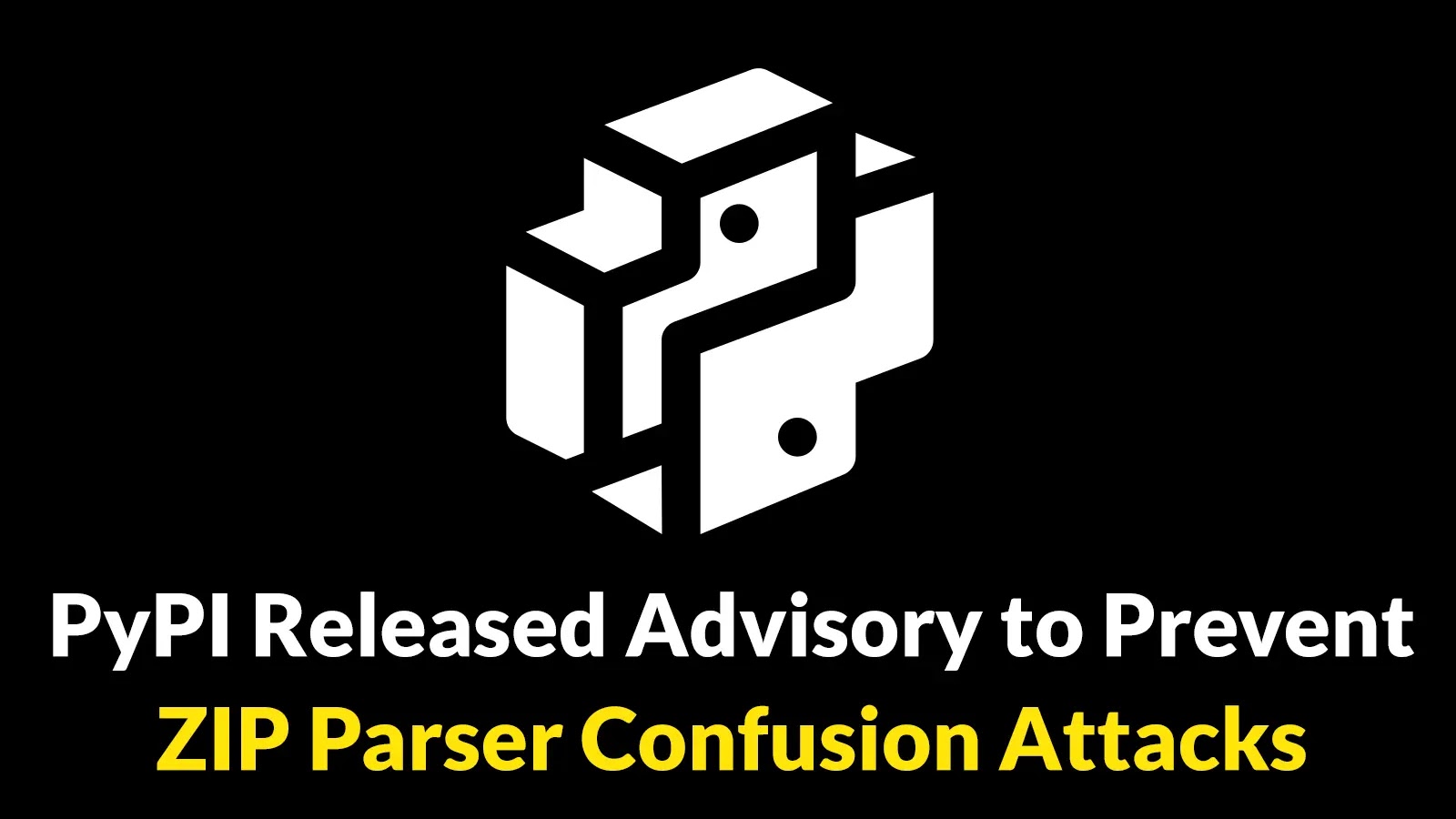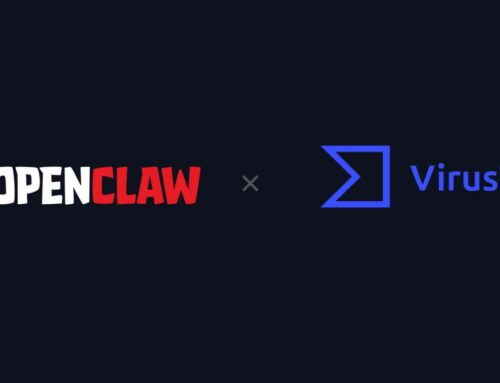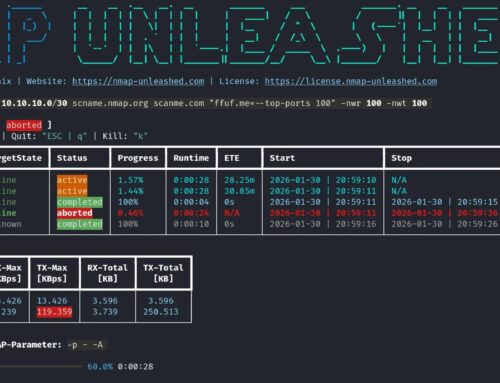
PyPI Released Advisory to Prevent ZIP Parser Confusion Attacks on Python Package Installers
Unpacking Danger: PyPI’s Stand Against ZIP Parser Confusion Attacks on Python Package Installers
The integrity of the software supply chain is paramount. In the Python ecosystem, where developers rely heavily on the Python Package Index (PyPI) for thousands of libraries, even subtle vulnerabilities can have widespread implications. Recently, a novel attack vector emerged, leveraging ambiguities within the ubiquitous ZIP archive format to compromise Python package installations. PyPI has proactively addressed this threat with a critical advisory, and understanding this attack, known as a “ZIP parser confusion attack,” is essential for every developer and cybersecurity professional.
The Anatomy of a ZIP Parser Confusion Attack
At its core, a ZIP parser confusion attack exploits discrepancies in how different ZIP parsers interpret the same archive. The ZIP file format, while seemingly simple, contains two primary metadata structures for file entries: the local file header (located before the compressed data for each file) and the central directory (a consolidated directory at the end of the archive). Under normal circumstances, these two structures contain consistent information about filename, size, and other attributes.
However, malicious actors can craft archives where these two structures provide conflicting data. For example, a file might be named benign.py in its local file header, leading a less stringent parser to believe it’s a safe file. Simultaneously, the central directory could list the same file as ../../malicious.sh, aiming to exploit directory traversal vulnerabilities when a different, more trusting parser—or a specific extraction library—processes the central directory. This inconsistency allows for the silent smuggling of unauthorized files into target environments, often bypassing security checks that only inspect the local file headers.
Why Python Package Installers are Vulnerable
Python packages are often distributed as “wheel” files (.whl), which are essentially ZIP archives. When a Python package installer (like pip) downloads and unpacks a wheel file, it relies on underlying ZIP parsing libraries. If these libraries are not robustly designed to handle conflicting ZIP metadata, they can inadvertently become vectors for this type of attack. The attacker’s goal is to craft a seemingly legitimate wheel that, upon installation, drops malicious scripts, executables, or configuration files into unexpected and potentially sensitive locations, such as system directories, user profiles, or even other application directories.
The silent nature of these attacks makes them particularly insidious. A developer installing what they believe to be a harmless library could unknowingly compromise their system or development environment, leading to supply chain attacks downstream.
PyPI’s Proactive Advisory and its Impact
Recognizing the severity of this novel attack vector, PyPI has issued an advisory to guide package maintainers and users. While no specific CVE has been assigned to this broad class of vulnerabilities yet, the advisory highlights the need for vigilance and robust ZIP archive handling. The advisory implicitly urges developers of package installers and related tools to review their ZIP parsing logic, prioritizing parsers that are strict about metadata consistency or that validate against both local headers and the central directory, rejecting archives with inconsistencies.
The impact of this advisory extends beyond just PyPI. It serves as a crucial reminder for the broader software ecosystem about the complexities of file formats and the potential for seemingly minor ambiguities to be weaponized by adversaries. Developers of any software that processes ZIP archives should take note and review their implementations.
Remediation Actions and Best Practices
Protecting against ZIP parser confusion attacks requires a multi-faceted approach, involving both system administrators, developers, and package managers:
- Update Package Installers: Always use the latest versions of your Python package installers (e.g.,
pip). Developers of these tools are actively working to patch vulnerabilities and improve ZIP parsing robustness. - Strict ZIP Parsing: If you are developing a tool that processes ZIP archives, ensure your chosen library is resilient to ambiguities. Libraries that prioritize consistency checks between local file headers and the central directory, or those that explicitly reject malformed archives, are preferable.
- Integrity Verification: When possible, verify the integrity of downloaded packages using cryptographic hashes (SHA256, etc.) provided by legitimate sources. While this won’t prevent the confusion attack itself, it helps detect tampering.
- Software Supply Chain Security: Implement supply chain security practices, such as requiring verified publishers, using internal package mirrors with strict vetting, and regularly auditing dependencies.
- Least Privilege: When installing packages, especially in automated environments, ensure the installation process runs with the absolute minimum necessary privileges to mitigate the impact of any successful directory traversal attempts.
- Monitoring and Sandboxing: Monitor for unusual file system activity after package installations. Consider using sandboxed environments (e.g., virtual machines, containers) for building and testing applications, isolating potential compromises.
Tools for Enhanced Security
While direct tools for detecting “ZIP parser confusion” are nascent, general supply chain security and static analysis tools can help mitigate risks:
| Tool Name | Purpose | Link |
|---|---|---|
| Bandit | Static analyzer for finding common security issues in Python code. | https://bandit.readthedocs.io/en/latest/ |
| Safety | Checks installed Python dependencies for known vulnerabilities. | https://pyup.io/safety/ |
| pip-audit | Audits Python environments for known vulnerabilities, leveraging PyPI’s advisory database. | https://pypi.org/project/pip-audit/ |
| Dependabot | Automated dependency updates and vulnerability scanning for GitHub repositories. | https://docs.github.com/en/code-security/supply-chain-security/keeping-your-dependencies-updated-automatically/about-dependabot-security-updates |
Conclusion
The PyPI advisory regarding ZIP parser confusion attacks underscores a critical lesson: even long-established file formats can harbor subtle vulnerabilities. This novel attack vector highlights the continuous need for scrutiny in software supply chains and reinforces the importance of robust parsing logic. By staying informed, updating tools, and adopting proactive security measures, developers and organizations can significantly enhance their resilience against these sophisticated attacks, ensuring the integrity and security of their Python environments.





